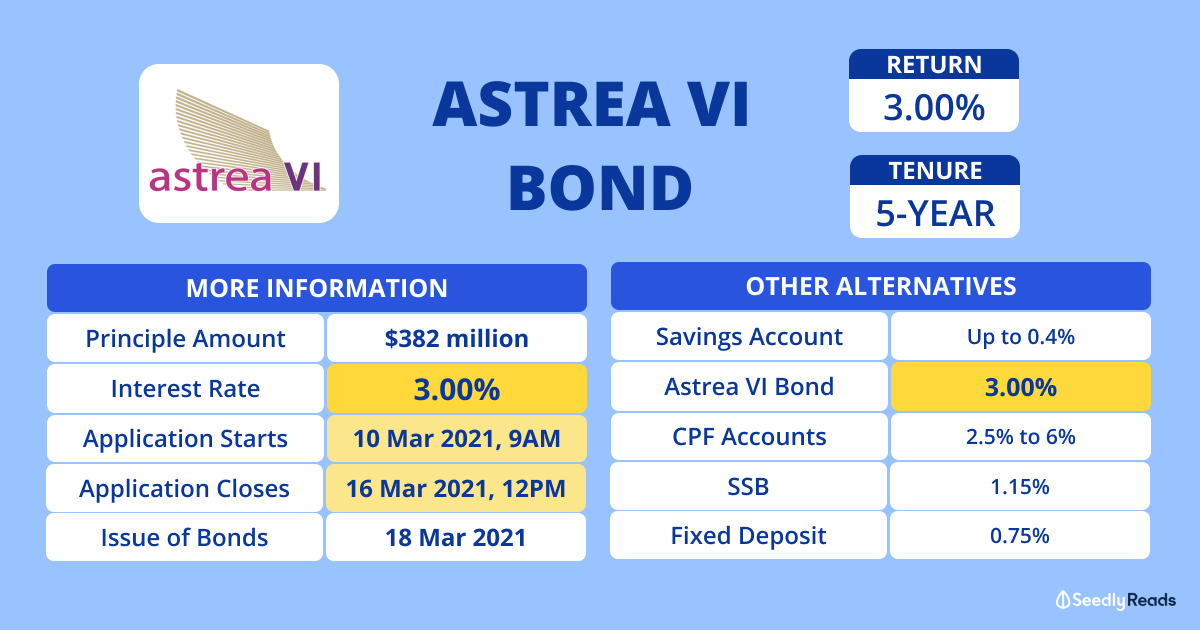Advertisement
Discussion (9)
What are your thoughts?
Learn how to style your text
Reply
Save
As can be checked easily here:
https://secure.fundsupermart.com/fsm/funds/fund...
out of 867 Singapore approved equity Unit Trusts 823 (= 94.9%)
have an annual fee of over 1.5% (maximum speechless 3.55 to 6.47%)
Reply
Save
In term of platform, POEM. 0% transaction fee, 0% sale charge, 0% switching fee. Which i choose.
Th...
Read 3 other comments with a Seedly account
You will also enjoy exclusive benefits and get access to members only features.
Sign up or login with an email here
Write your thoughts
Related Articles
Related Posts
Related Products

Moomoo Singapore
4.7
487 Reviews
From $0
MINIMUM FEE
0.03%
TRADING FEES
Custodian
STOCK HOLDING TYPE

Saxo Markets
4.5
961 Reviews

Plus500
4.7
144 Reviews
Related Posts
Advertisement










Why is 1.5% annual fees catastrophic?
1.5% p.a. seems nothing and fair.
But through the 'compounding effect' over the years this leads to dramatic performance losses.
What are realistic (& durable longterm) returns for us retail investors?
Double (or triple) digit % numbers over many years? As some see in crypto or like the SP500 returns over the last 10 years (currently 14.8% p.a.) ?
Surely not.
Possibly the U.S. stock market is/was performance-wise the best (not in every decade) market there is. The annual returns of SP500 on very longterm view (several aggregated decades) was not 14.8% but around 6-7%.
If a wise, client centered and honest financial advisor would give recommendations, she/he surely would tell you not to focus on U.S. stocks lone but diversify at least to western capitalistic or even global stock markets. Reduce your SP500 style performance expectations.
Also he would not at all recommend to put 100% of your assets into stocks. Aside from property the traditional way was to allocate 70%/30% or 60%/40% to stocks/bond mix. Reduce your performance expectations.
If you'd invest via Unit Trusts (Mutual Funds) expect at least 0.65 % annual fees (often however 1.5-1.8%). Reduce your performance expectations.
The U.S. as well as SG have their inflation rates that must be subtracted from your annual performance to calculate real world net overall returns.
Reduce your performance expectations.
I believe that possible realistic net aggregate returns with average-risk asset allocation over future longterm for a retail investor calculating in all fees and investing mistakes will be 0 - maximum 4% even when using f ex stock ETFs.